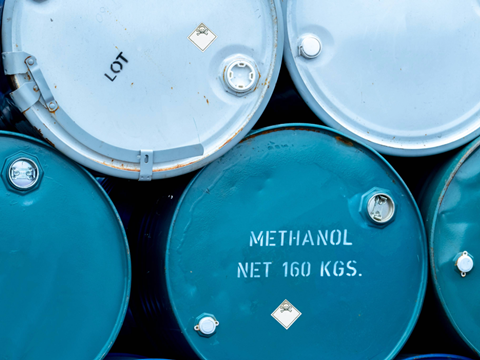
Blue Circle Olefins has secured funding for a commercial methanol-to-olefins production facility at the Port of Rotterdam. Once fully operational, it is expected to produce 120 kilotons of propylene and 80 kilotons of ethylene.
As the latest phase of ProjectNL, the facility will be built with investments from a consortium of private investors, alongside a Kansen voor West subsidy to kick off the conceptual engineering and permitting process.
It is anticipated to convert methanol into circular ethylene and propylene, which reportedly form the basis of around 60% of the European chemical industry’s products.
Once the facility is fully operational, it is set to reduce over 80% of the greenhouse gases associated with polypropylene, polyethylene, and polyvinyl chloride throughout their life cycle (compared to current fossil production processes).
Additionally, the facility is intended to contribute to the security of local supply and help Europe lessen its dependents on oil and gas imports.
“Securing this funding represents an important step in the development of ProjectNL,” says Ralph Koekkoek, CEO of Blue Circle Olefins. “It provides the means to begin the conceptual engineering and permitting phase, a crucial stage on the path to reaching commercial operation in 2030.
“As the largest methanol hub in Europe, the Port of Rotterdam offers the ideal location to realize this facility.”
Nico van Dooren, director New Business of Port of Rotterdam, adds: “We welcome Blue Circle Olefins in the Port of Rotterdam and are looking forward to facilitating them in the final site selection process.
“The production of fully circular chemical feedstocks is an excellent fit with our strategy to become a climate-neutral and circular Port contributing to resilience, security of supply and strategic autonomy.”
Earlier this year, chemists at Northwestern University sought to recover the building blocks for PET from air moisture. This process is hoped to save recyclers the task of sorting mixed waste streams and avoid energy-intensive, high-cost and potentially toxic processes.
More recently, Samsara Eco has opened its first enzymatic recycling plant to bring its ‘virgin-identical’ and ‘low-carbon’ circular materials, including recycled nylon and polyester, to scale. It will also team up with engineering partner KBR to open its first commercial nylon plant in Asia in 2028.
If you liked this story, you might also enjoy:
The ultimate guide to the Packaging and Packaging Waste Regulation in 2025
How are the top brands progressing on packaging sustainability?
Everything you need to know about global packaging sustainability regulation in 2025
The key to increasing the use of reusable packaging in supermarkets













No comments yet